
-
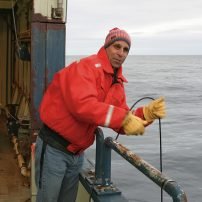
Dr Bob Pickart
Woods Hole Oceanographic Institution, USA
-
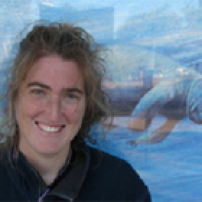
Dr Jennifer McKinnon
Scripps Institution of Oceanography, University of California San Diego, USA
-
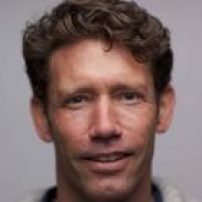
Dr Matthew Alford
Scripps Institution of Oceanography, University of California San Diego, USA
-
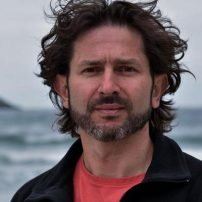
Ilker Fer
University of Bergen, Norway
-

Professor Igor Polyakov
University of Alaska Fairbanks, USA
Lead Investigators
-
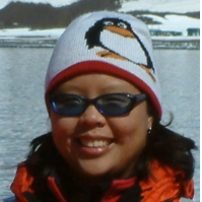 View full profile
View full profileDr Yueng-Djern Lenn
Co-lead investigator, Bangor University
I am a polar physical oceanographer and my interests lie in understanding the physical processes integral to ocean overturning that impact climate in the polar oceans. As the co-lead investigator in the PEANUTS project, I am responsible for managing the project as a whole by facilitating integration between the different themes and work programs and leading the final synthesis of the different project components to ensure we answer the key questions raised by PEANUTS’s main hypothesis.
-
 View full profile
View full profileDr Markus Janout
Co-lead investigator, Alfred Wegener Institute (AWI)
I am a physical oceanographer at the Alfred Wegener Institute (AWI), Germany, and co-investigator of the PEANUTS project. My work mainly focuses on oceanography, sea ice, and ecosystem processes on high latitude shelf and slope regions. In recent years, my focus shifted to the Eurasian Arctic, in an attempt to better understand issues such as ocean circulation, freshwater variability, water mass formation or shelf-basin exchange between the Siberian shelves and the Arctic basin. In PEANUTS, we will investigate vertical nutrient fluxes and their regional and seasonal variability, and assess how these may change in a changing Arctic Ocean.
Related Articles
-
Arctic sea ice is being increasingly melted from below by warming Atlantic water
In a recent article that Prof Rippeth wrote for the The Conversation, he explains how the science is revealing the change and acceleration of processes taking place in the Arctic Ocean. Read more
18 September 2020 -
Oceanic heat takes over atmospheric heating in melting back sea ice in the eastern Arctic Ocean
New research has shown that the eastern Arctic Ocean has experienced an over two-fold reduction of winter sea ice growth over the last decade due to the growing influence of heat from the ocean’s interior. Read more
21 August 2020
